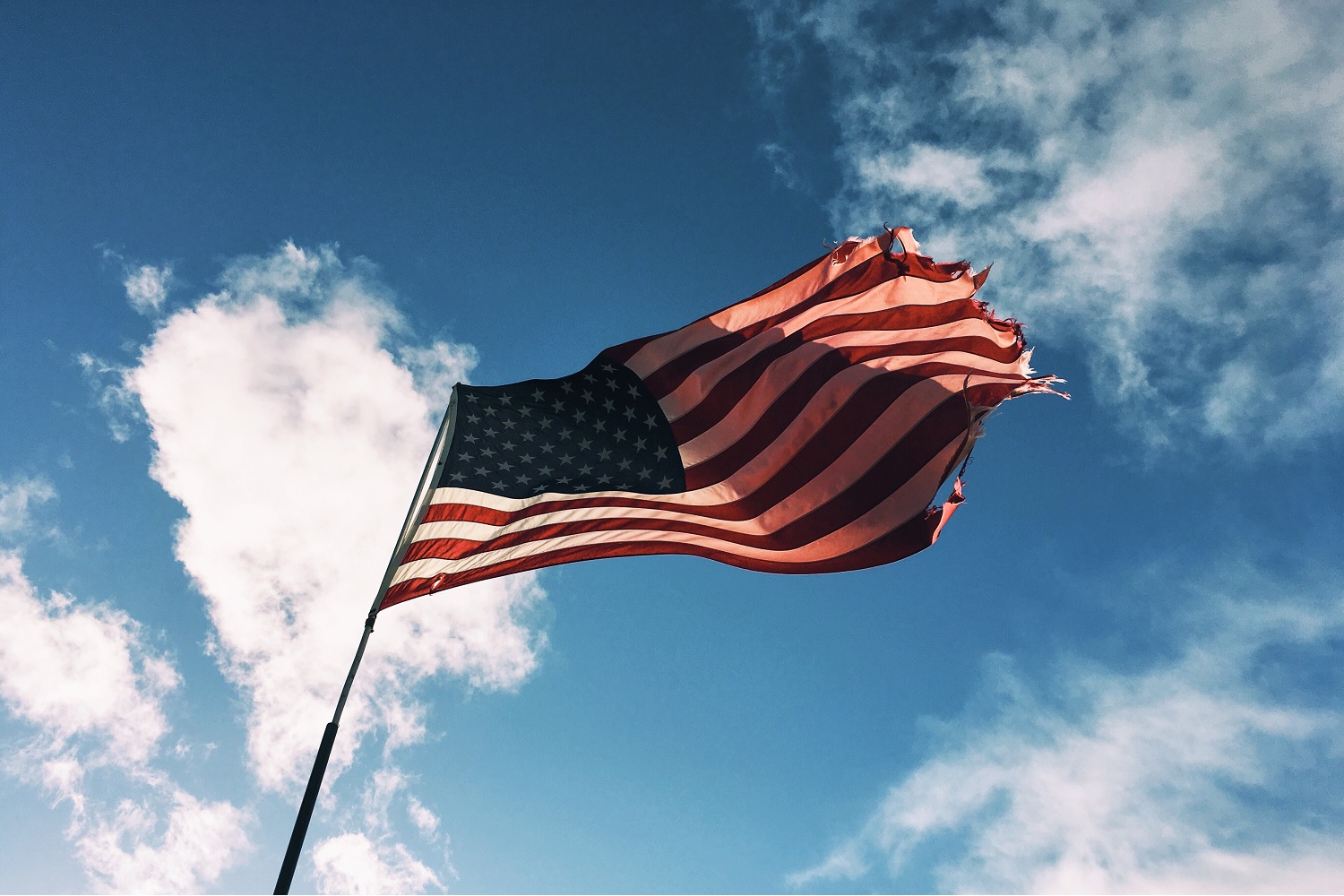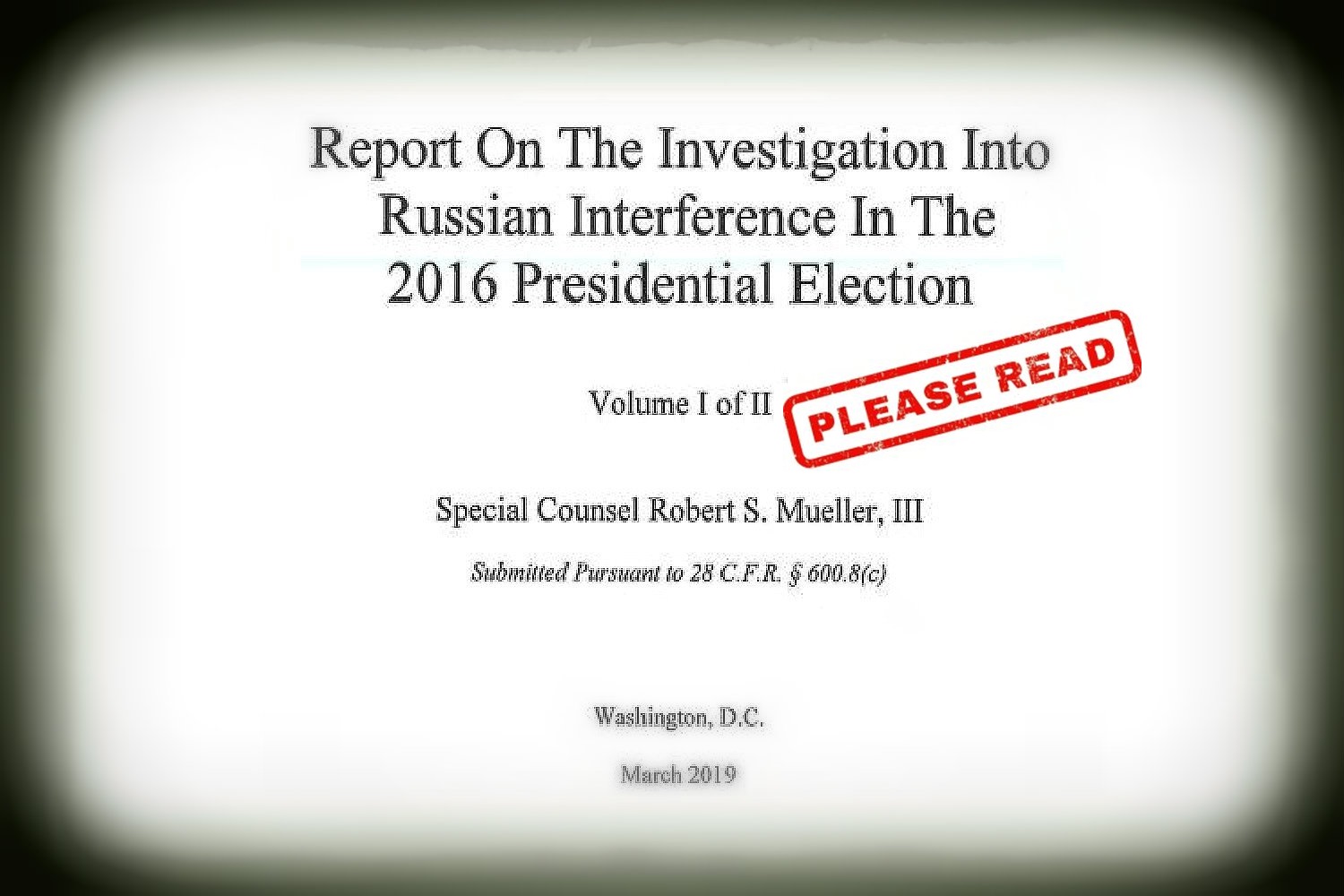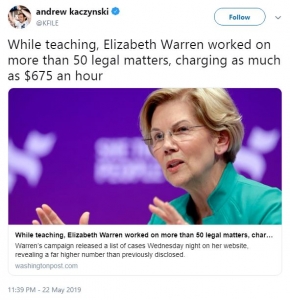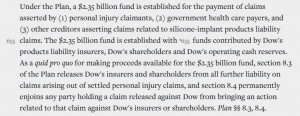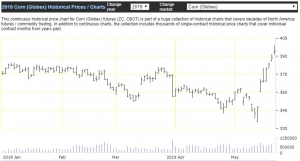In Order to Form a More Perfect Union
Last year when I wrote a post for the Fourth of July holiday I shared the full text of the Declaration of Independence.
Since that post our country slid increasingly backwards toward an autocratic monarchy, losing sight of the reasons why this nation’s founders threw off a long train of abuses and usurpations, dissolving the American colonies’ relationship with Britain.
Today in our streets fought for and paved by the American people, a belligerent, petty and abusive tyrant who obtained and holds his office by questionable means will have the military parade he has envied other autocrats.
Across town his minions in the so-called Department of Justice will continue to chip away at the Constitution in search of some means to deny to persons within its jurisdiction the equal protection of the laws in the execution of the 2020 U.S. Census.
And persons of color who’ve fled to the U.S. seeking asylum from violence will continue to suffer inhumane treatment at the hands of federal employees who swore an oath to uphold and defend the Constitution including the same equal protection spelled out in the Fourteenth Amendment.
(Do take note there have been no raids by ICE ejecting white birth tourists like the Russians in Florida. No Congressional caucuses will find these birth parents in American concentration camps.)
Noting the grim slide we should recall this holiday has always been aspirational. It may mark the day when the republic’s birth began but this nation has always been in a state of becoming.
We have yet to form a perfect union; we can only work toward perfecting it.
To this end it’s worth revisiting this year a historic address by Frederick Douglass delivered on July 5, 1852 — nine years before the Civil War began, when the country was 76 years old. He did not stint when reminding his audience the holiday observed meant little to slaves:
… What, to the American slave, is your 4th of July? I answer: a day that reveals to him, more than all other days in the year, the gross injustice and cruelty to which he is the constant victim. To him, your celebration is a sham; your boasted liberty, an unholy license; your national greatness, swelling vanity; your sounds of rejoicing are empty and heartless; your denunciations of tyrants, brass fronted impudence; your shouts of liberty and equality, hollow mockery; your prayers and hymns, your sermons and thanksgivings, with all your religious parade, and solemnity, are, to him, mere bombast, fraud, deception, impiety, and hypocrisy — a thin veil to cover up crimes which would disgrace a nation of savages. There is not a nation on the earth guilty of practices, more shocking and bloody, than are the people of these United States, at this very hour.
Go where you may, search where you will, roam through all the monarchies and despotisms of the old world, travel through South America, search out every abuse, and when you have found the last, lay your facts by the side of the everyday practices of this nation, and you will say with me, that, for revolting barbarity and shameless hypocrisy, America reigns without a rival. …
Our shouts of patriotic fervor ring hollow today when one thinks of the undenounced tyrant occupying our White House making a mockery of this nation of laws through his numerous frauds and manifold obstructions while willfully, shamelessly persecuting helpless children and their families, and ignoring the thousands of American deaths he has caused through his bad faith execution of office. Revolting barbarity and shameless hypocrisy, indeed.
As grim as things are today, it cannot be more so than it was for Douglass who could not know as he spoke that it would be another thirteen years before slaves would be emancipated, or that it would be another 113 years before the Voting Rights Act would pass Congress, to secure the right to vote for persons of color.
Or that we would still be fighting voter suppression of minority voters 167 years later even this week as the Supreme Court failed to protect minority voters’ rights and the same petty tyrant rejects his oath to protect and defend the Constitution including its Census of all persons.
Somehow Douglass, an escaped slave himself, remained optimistic:
… Allow me to say, in conclusion, notwithstanding the dark picture I have this day presented of the state of the nation, I do not despair of this country. There are forces in operation, which must inevitably work the downfall of slavery. “The arm of the Lord is not shortened,” and the doom of slavery is certain. I, therefore, leave off where I began, with hope. …
What lies ahead is not as dark and unknown as that which lay before Douglass in July 1852. We have seen better if not perfect. It can be had again and improved upon with a re-dedication to the principles the founders laid out in the Declaration of Independence and in the Constitution.
We must recall our nation’s identity began with a shared belief that we are all created equal, that we are endowed with certain unalienable Rights including Life, Liberty and the pursuit of Happiness.
Seeking to establish Justice, insure domestic Tranquility, provide for the common defense, promote the general Welfare, and secure the Blessings of Liberty to ourselves and our Posterity, we instituted a government to secure our inalienable rights and these common interests.
We can and will check this government of and by the people when it fails us just as we checked a monarch in 1776, just as we’ve checked executives and other elected office holders who have failed their oaths. We have continually refreshed our representatives and justices to the same end.
As we have for 243 years we still have work to do. Ted Kennedy spoke of the ongoing nature of this nation’s mission when he said, “For all those whose cares have been our concern, the work goes on, the cause endures, the hope still lives, and the dream shall never die.”
Recommitting to the American dream, I leave off with hope that we can and will continue to pursue a more perfect union.
Wishing you and yours a safe Fourth of July. Consider this an open thread.

